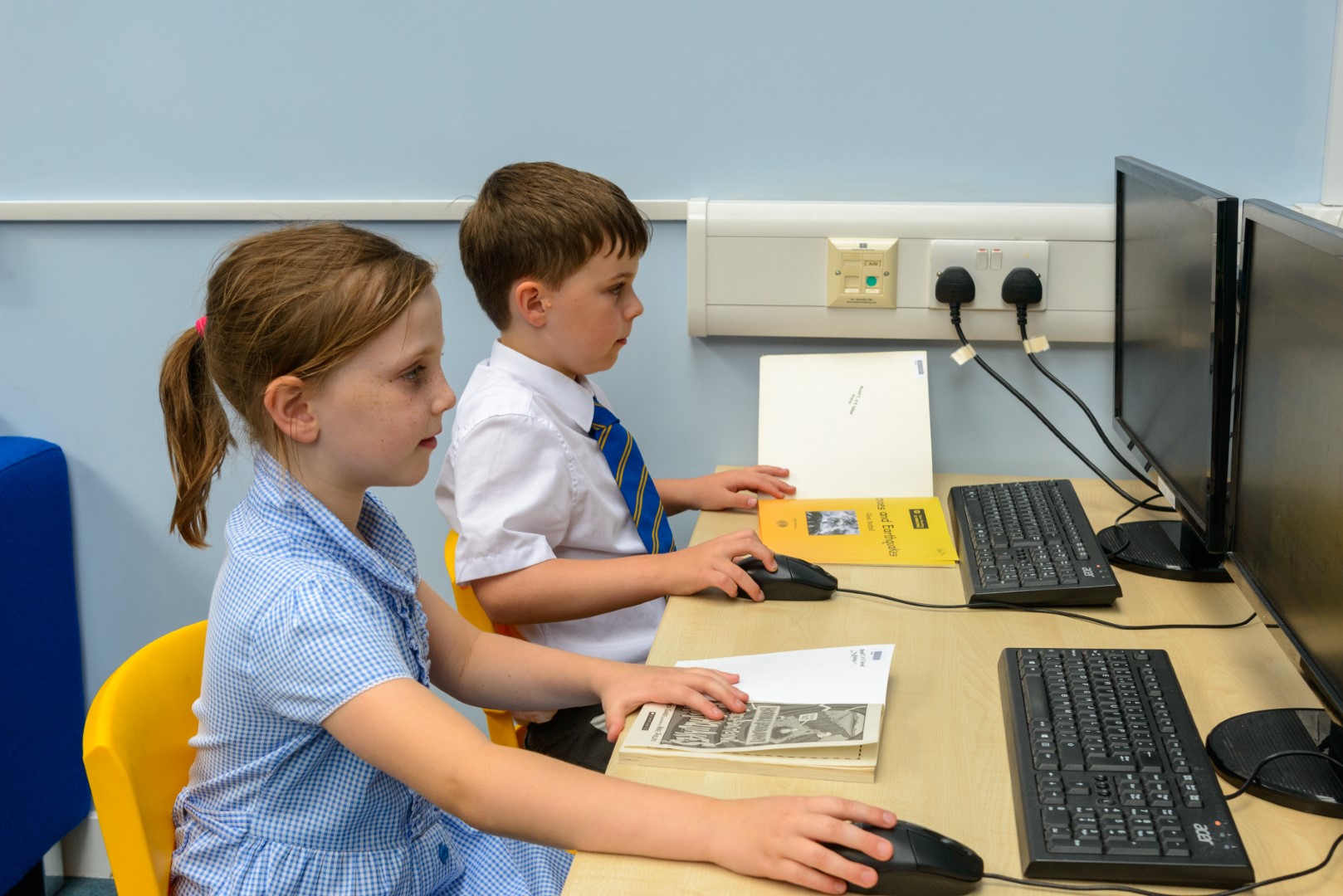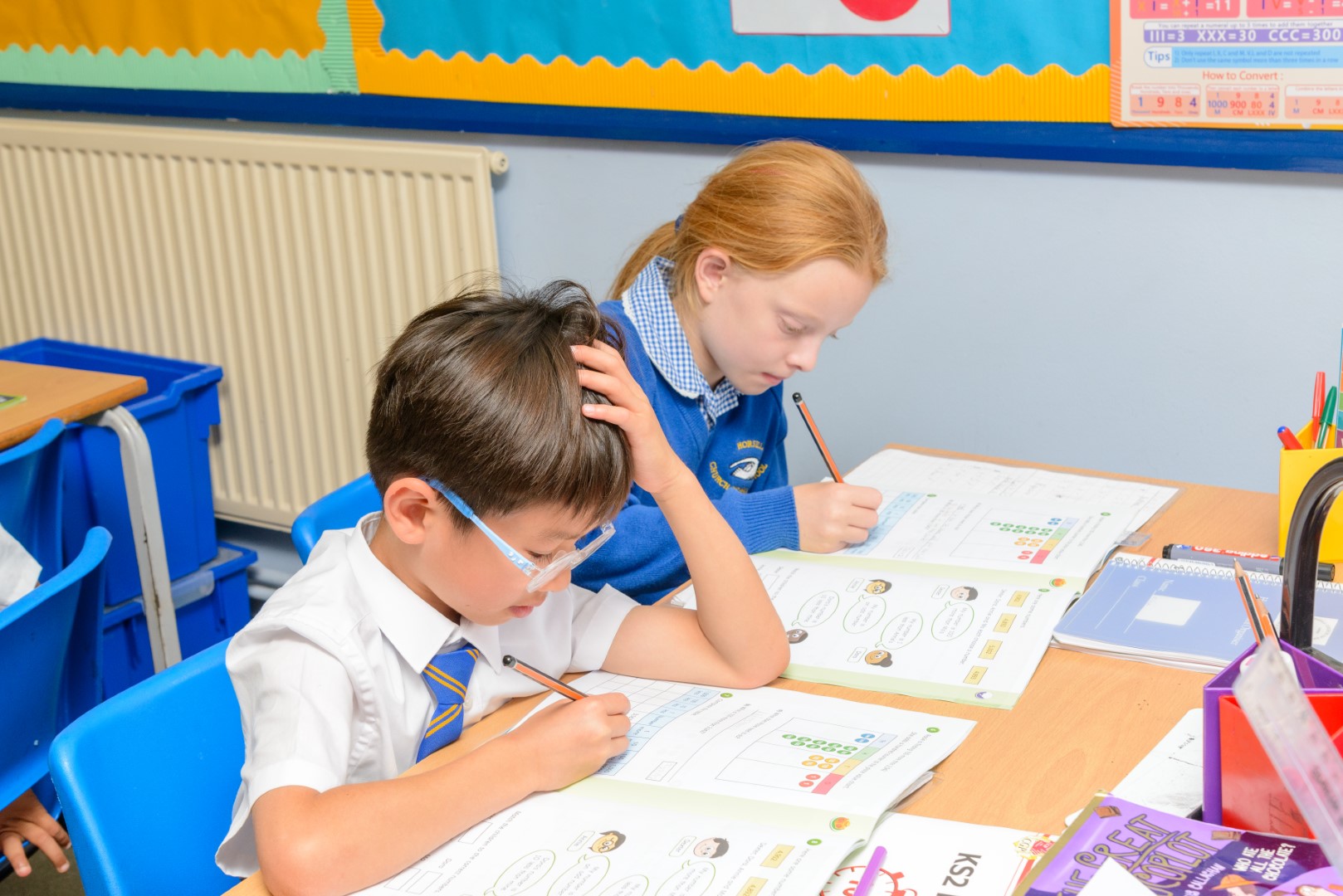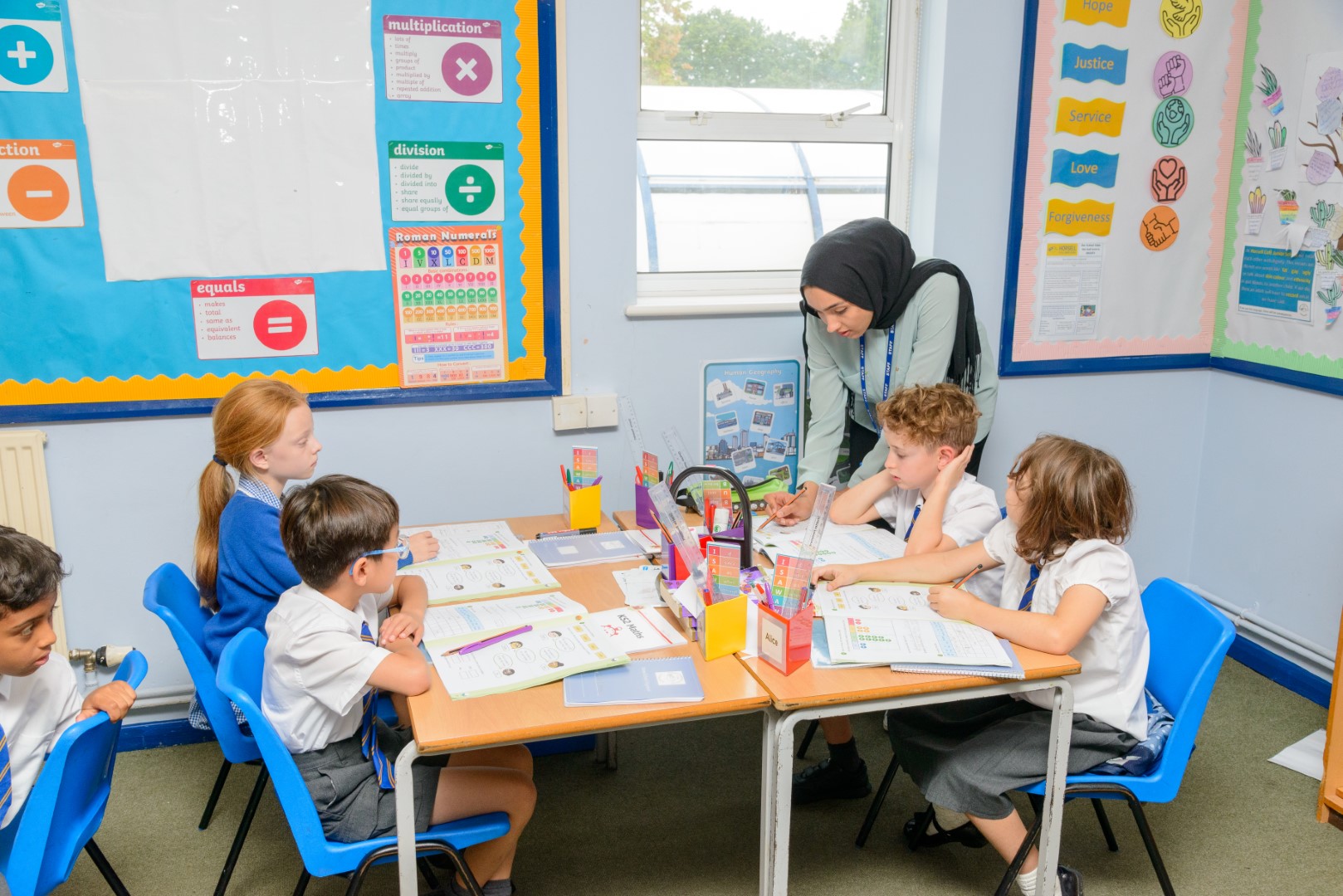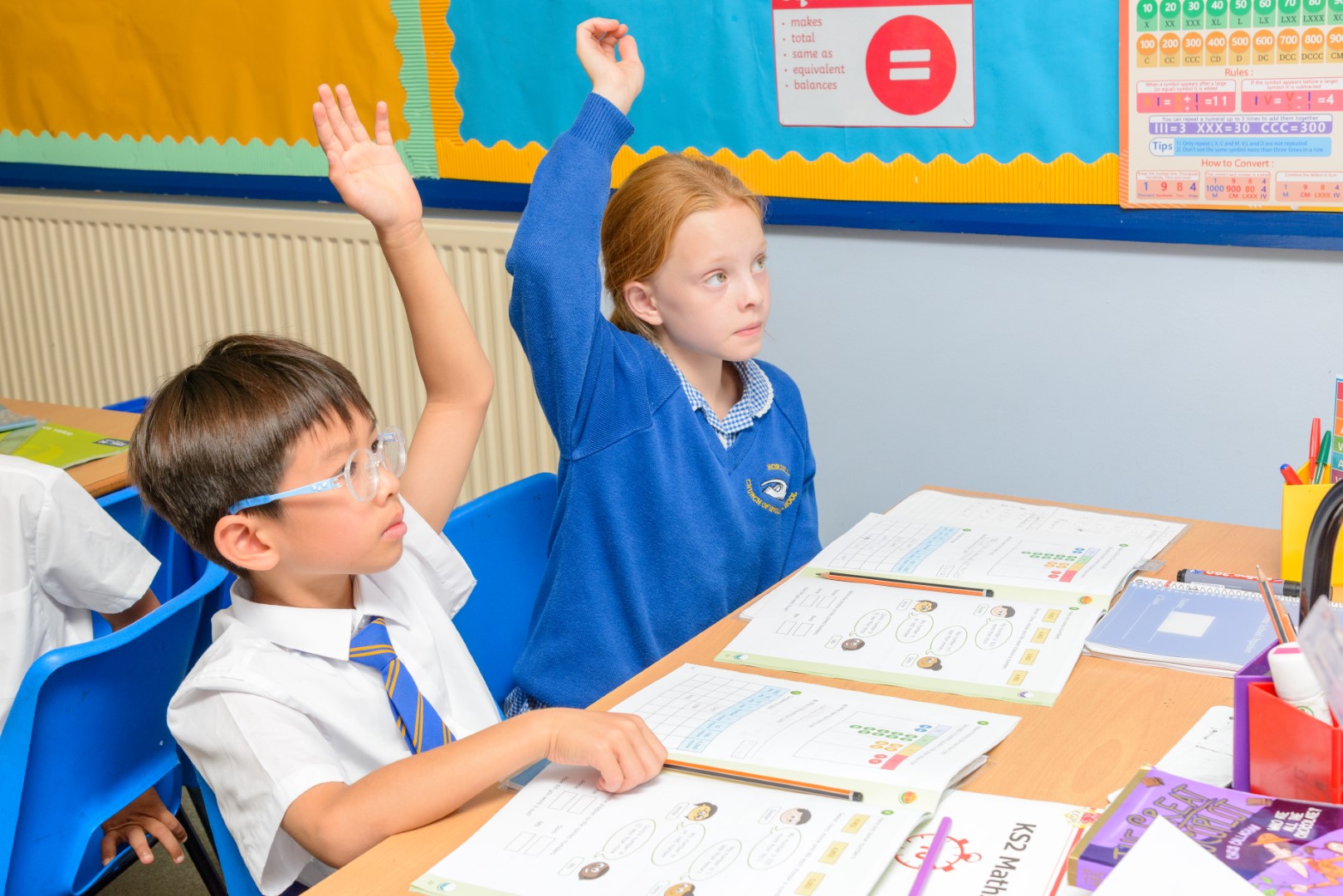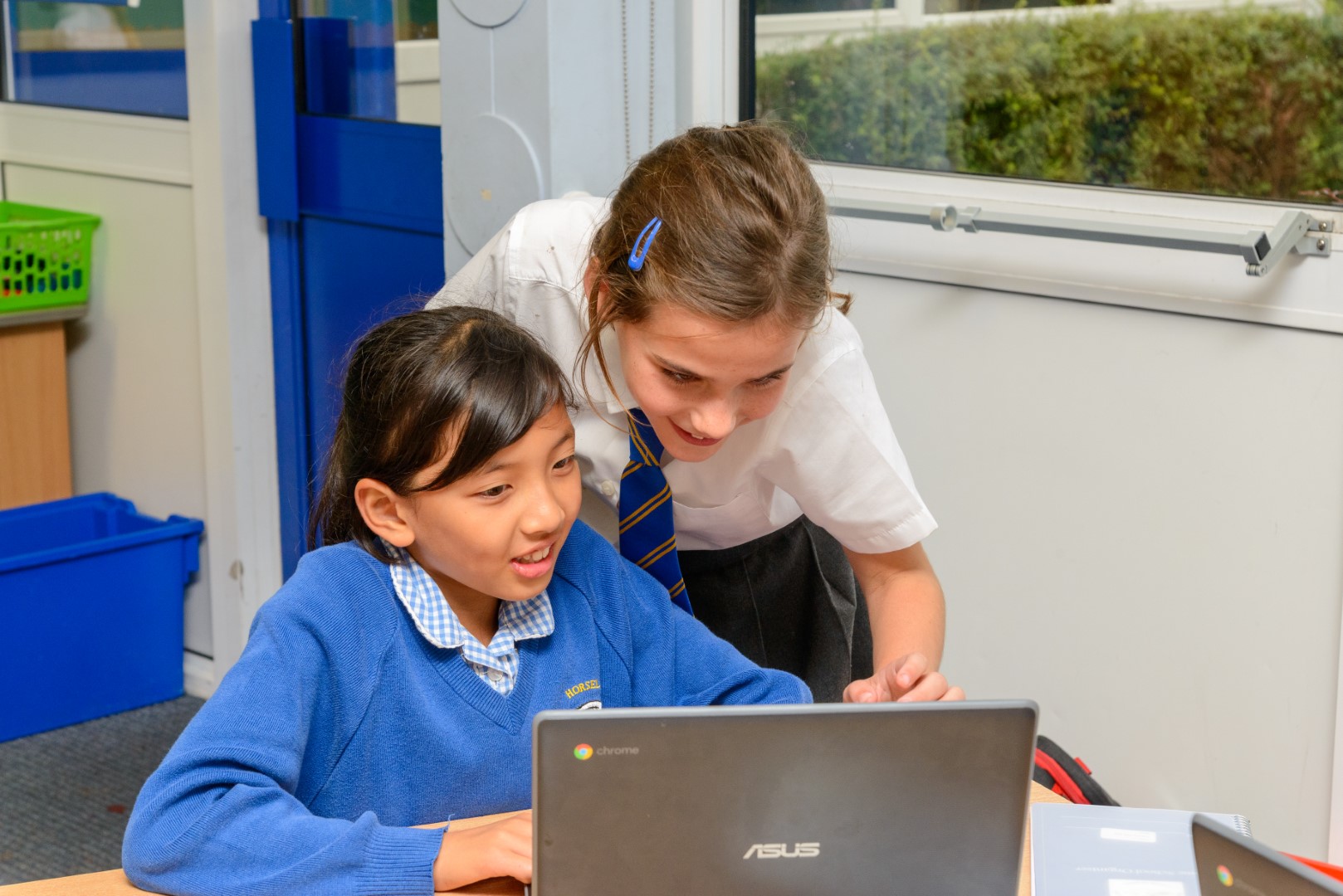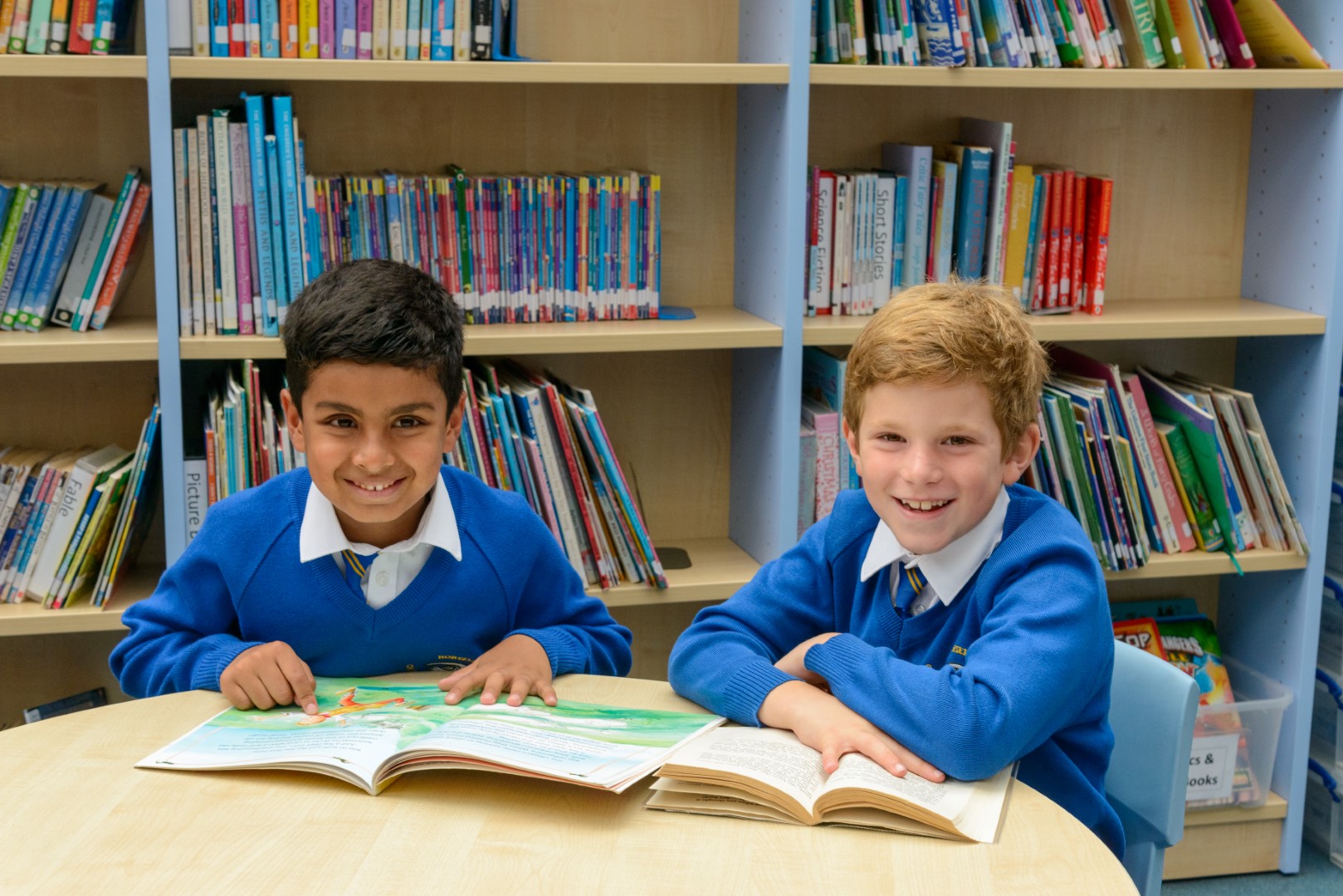Science
Intent
At Horsell Junior School, our science curriculum is designed to spark curiosity, develop scientific knowledge, and foster a lifelong interest in the world around us. Lessons cover the different scientific disciplines of Biology, Chemistry and Physics which allows pupils to build their understanding of key concepts while learning to think critically and work collaboratively.
Our aims in Science are to:
· Inspire curiosity about both the familiar and the unknown
· Encourage critical thinking and challenging of misconceptions
· Develop investigative skills through practical experiments
· Build scientific literacy with specialist vocabulary
· Promote progression in both knowledge and scientific enquiry
Implementation
Science is taught weekly across all year groups (Years 3–6), with a focus on both subject knowledge and "working scientifically" skills.
Each unit explores key concepts from one of the three disciplines—Biology, Chemistry, or Physics.
· Biology – living organisms and vital life processes
· Chemistry – states of matter and its properties
· Physics – how the world we live in works e.g. forces and electricity
Working scientifically - processes and methods of science to answer questions about the world around us. Across the units children are exposed to different methods such as:
· Pattern seeking
· Identifying grouping and classifying
· Problem Solving
· Research
· Observation over time
· Comparative and fair testing
These are assessed at the end of lower and upper Key Stage 2.

Impact
Teachers monitor the impact of the curriculum through both formative and summative assessment opportunities. Pupils complete regular quizzes, retrieval tasks, and classroom discussions using scientific language to allow for process to be tracked. Science attainment is reported to parents annually in the end of year report.
By the time pupils leave Horsell Junior School they will
· Have a strong foundation in the science topics outlined in the National Curriculum
· Be confident using scientific equipment and methods
· Be able to collect, analyse, and present data effectively
· Communicate scientific ideas clearly using appropriate vocabulary
· Be well-prepared for the next stage of their science education

